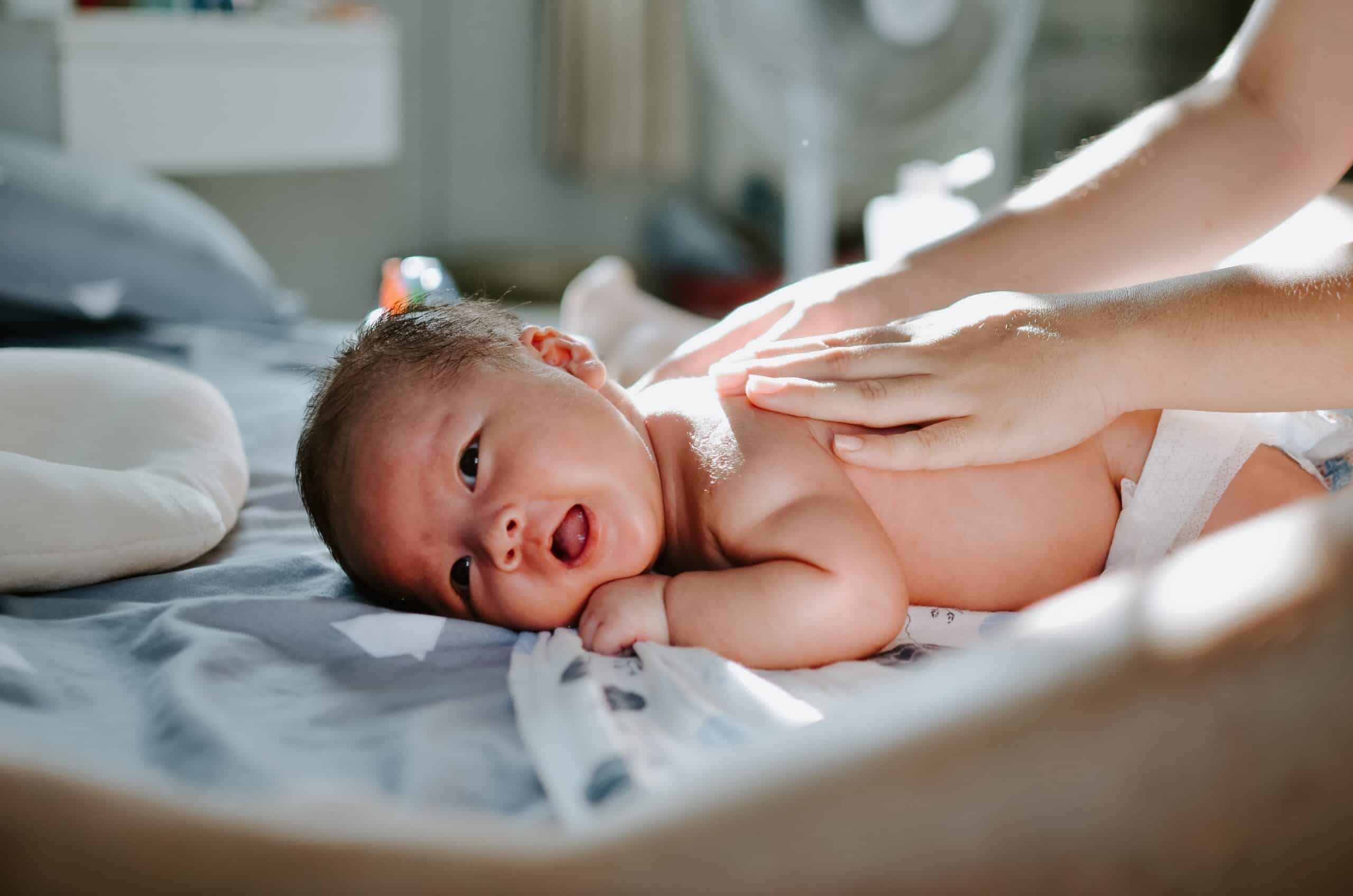Dubai, a vibrant city-state in the United Arab Emirates (UAE), is home to a large expatriate community from around the world. With its state-of-the-art healthcare facilities and multicultural environment, Dubai offers a range of birthing options for expectant parents. However, navigating the healthcare system and understanding local customs can be challenging for expats. This blog aims to demystify the process and provide valuable information for those expecting a baby in Dubai.
Healthcare System and Birthing Options in Dubai
Public vs. Private Healthcare
Dubai boasts an advanced healthcare system, with both public and private hospitals offering maternity services. Expatriates generally prefer private hospitals for childbirth due to the high standard of care, English-speaking staff, and the availability of private rooms. Some of the renowned private hospitals in Dubai include Mediclinic City Hospital, American Hospital Dubai, and Al Zahra Hospital Dubai.
Maternity Packages
Many private hospitals in Dubai offer maternity packages that cover prenatal visits, labor and delivery, and postnatal care. These packages vary in price and services, so it’s advisable to research and choose one that best suits your needs and budget. It’s also important to check whether your health insurance covers childbirth in Dubai, as policies vary widely.
Birthing Options
Expectant parents in Dubai can choose from a range of birthing options, including natural birth, water birth, and cesarean section. Some hospitals also offer pain management options like epidurals. Furthermore, hospitals in Dubai are increasingly supporting personalized birth plans, allowing parents to have a say in their birthing experience.
Cultural Norms and Legal Considerations
Naming Customs
In the UAE, naming customs are influenced by Islamic traditions. It’s important to choose a name that is acceptable and does not conflict with local culture and religion. Some hospitals may require approval for the baby’s name, especially if it is non-traditional or uncommon in the UAE.
Birth Certificates and Documentation
Following the birth of your child in Dubai, obtaining a birth certificate is a crucial step. The hospital will issue a birth notification, which you must take to the Ministry of Health and Prevention or Dubai Health Authority to obtain the official birth certificate. Expatriates must then have the birth certificate attested for use in their home country or for residency purposes in the UAE.
Parental Rights and Citizenship
Children born to expat parents in Dubai do not automatically receive UAE citizenship, as citizenship is generally granted based on the father’s nationality. It is essential to register the birth with your consulate or embassy to ensure your child’s citizenship rights in your home country.
Support and Resources for Expats
Dubai offers various support groups and resources for expectant expats, including prenatal classes, parenting workshops, and mother-and-baby groups. These resources can provide valuable support and information, helping you navigate pregnancy and parenthood in a foreign country.
- Expat Forums and Social Media Groups: These platforms can be invaluable for sharing experiences and advice on giving birth in Dubai.
- Prenatal Classes: Many hospitals and independent providers offer prenatal classes that cover childbirth, breastfeeding, and newborn care.
Giving birth in Dubai as an expat can be a rewarding experience with the right preparation and understanding of the local healthcare system and customs. By researching your options, planning ahead, and engaging with the expat community, you can ensure a positive and memorable birthing experience in Dubai.
Remember to always check the latest regulations and policies, as these can change. And most importantly, take the time to enjoy the journey of bringing a new life into the world in this dynamic and supportive environment.

